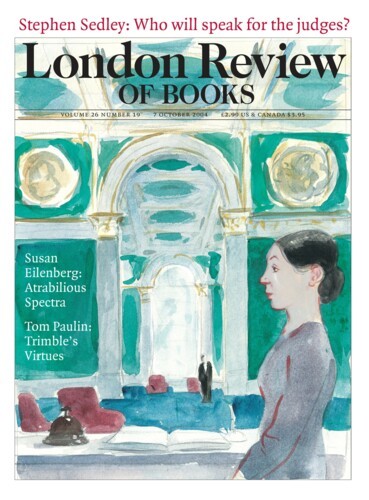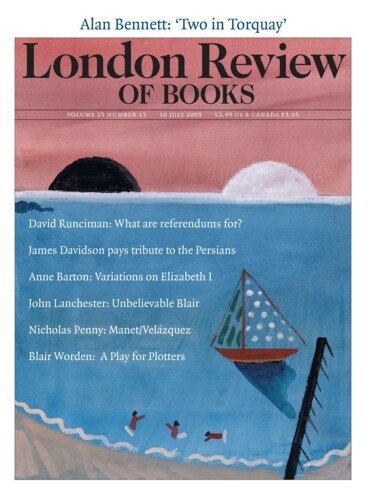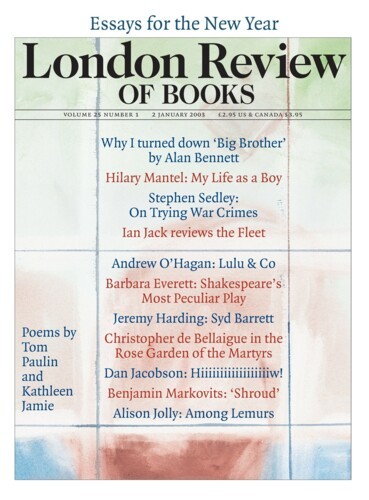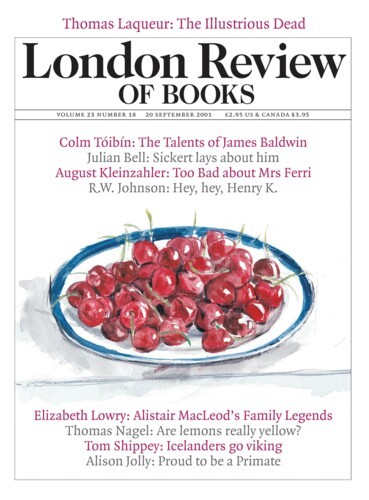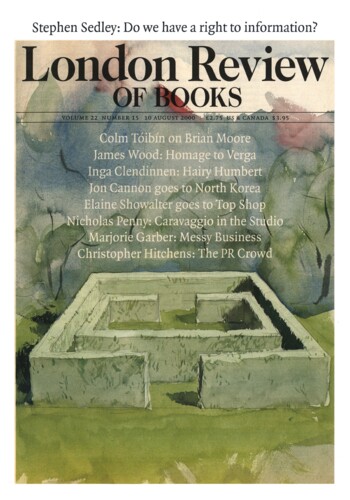Flat Feet, Clever Hands: eastern ground apes
Alison Jolly, 7 October 2004
Six million years ago, Kenya’s Mombasa beach. You and I forage in the leaf litter of the coastal forest. Every few seconds we pop insects into our mouths. We squat on our haunches, shuffling forward as we feed. You lift a rotting log with one hand and pry out juicy grubs with your other forefinger. I munch a mushroom, then strip a spiny ground herb to yield a mouthful of sweet white...
